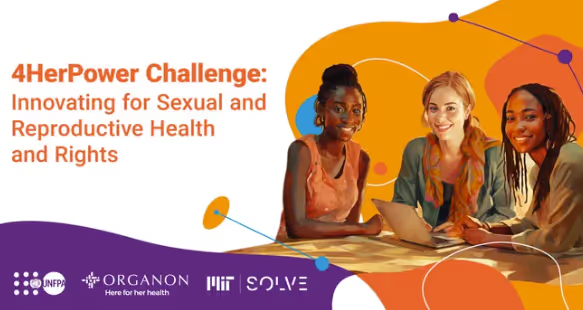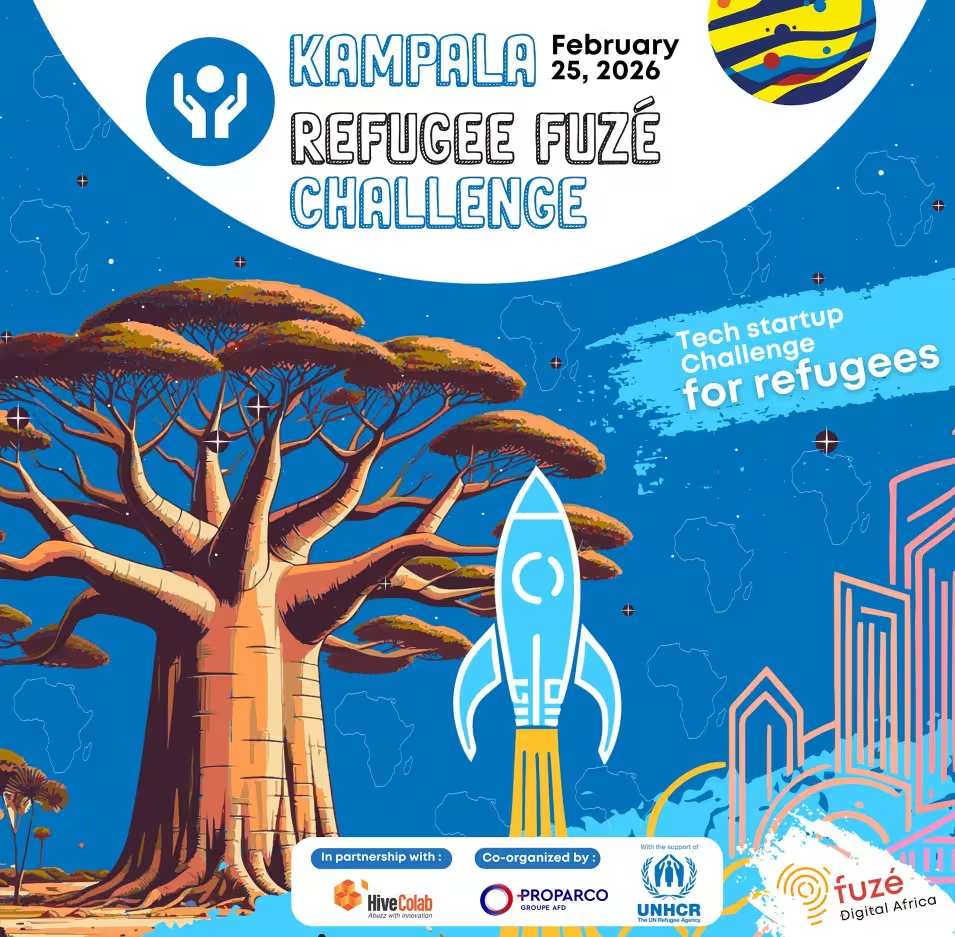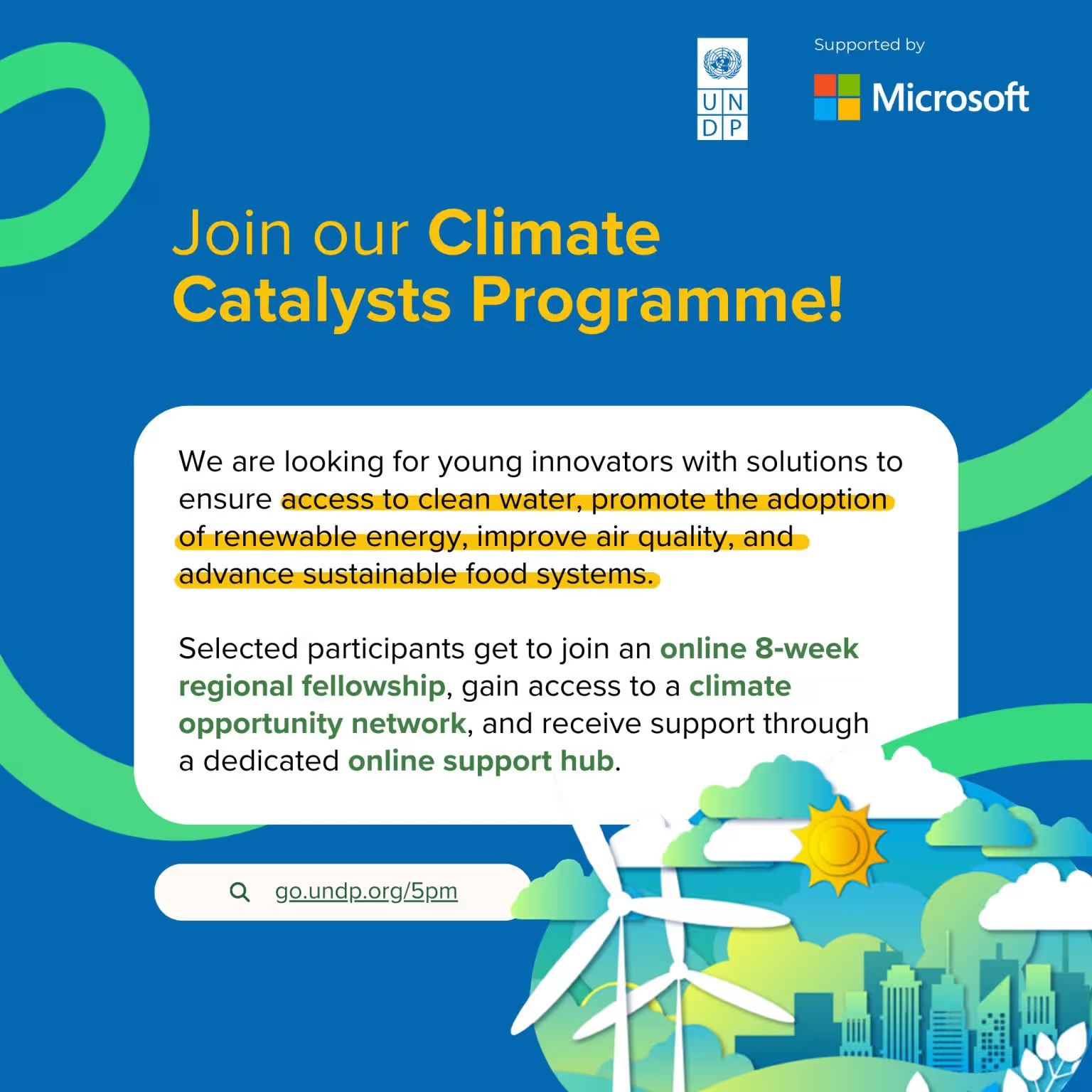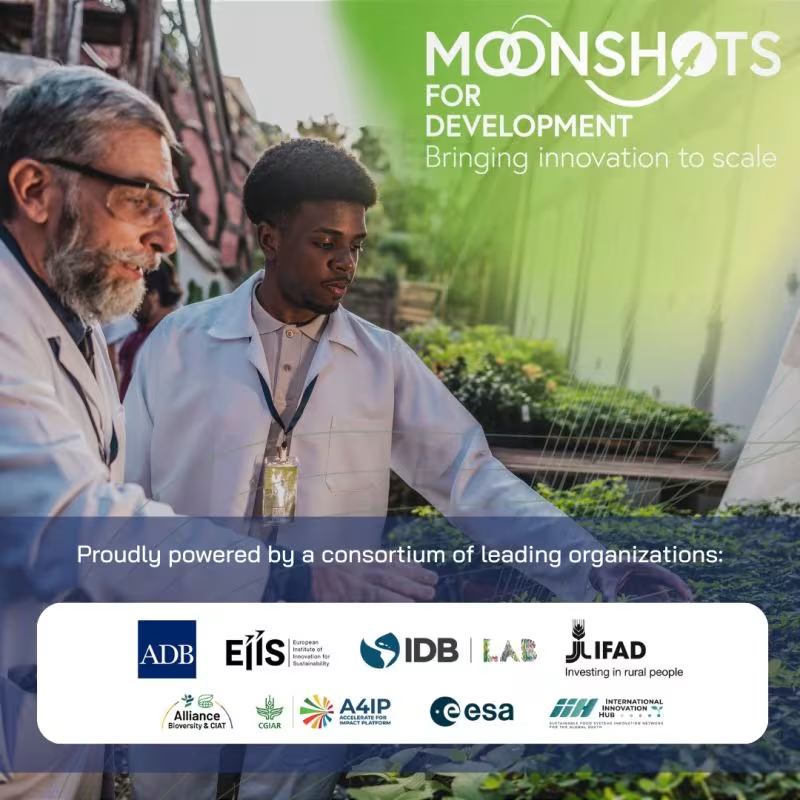4 Her Power Challenge

Good sexual and reproductive health is a state of complete physical, mental and social well-being in all matters relating to the reproductive system. As highlighted in Sustainable Development Goal 3.7, access to comprehensive sexual and reproductive health and rights (SRHR) for young people is a pressing global concern. SRHR services are essential. Limited access to accurate SRHR information, commodities and services, inadequate healthcare infrastructure, coupled with limiting cultural norms and stigmatization, among other factors, hinder young people from realizing their right to the highest attainable standard of health. The COVID 19 pandemic further exacerbated these obstacles, which continue to disproportionately affect young people.
Unmet need for SRHR services, information and commodities remain highest among the world’s least resourced countries. Girls and young women in Low- and Middle-Income Countries (LMICs) face specific challenges when accessing SRHR care. These challenges are deeply rooted in gender inequalities, limiting socio-cultural norms, and economic disparities. Specifically, limited access to comprehensive sexuality education, economic exclusion, and transportation barriers further hinder their access to SRHR care. Stigma and societal taboos may additionally discourage them from seeking essential care due to fear of judgment, social, financial or other repercussions and loss of confidentiality and privacy. Compounded, these challenges prevent young people, and especially young women and girls, from making informed choices about their sexual and reproductive health and well-being, exercising their bodily autonomy, limiting their ability to fully participate in society and contribute to their economies.
Amidst the challenges surrounding SRHR of young people in LMICs, noteworthy progress has been made in recent years through collaborative efforts between governments, non-governmental organizations, academia, the private sector, civil society and international agencies. Innovative solutions developed by and for young people present a transformative pathway towards achieving meaningful, equitable, and sustainable improvements in SRHR. This approach recognizes the pivotal role that young individuals play in shaping their own health trajectories and emphasizes them as active agents of change within their communities. By harnessing the power of innovation, initiatives led by young people are breaking down traditional barriers of access and providing a platform for open dialogue, access to information, and systems change. Solutions designed and led particularly by young women and adolescent girls are poised to enhance access to comprehensive SRHR and are transformative with the potential of significantly impacting the economic development of youth and the societies they live in.
UNFPA, Organon and MIT Solve are looking for up to 14 solutions created by and for young people, prioritizing adolescent girls and young women, that address key challenges within sexual and reproductive health and rights within UNFPA’s programme countries. To that end, we seek solutions that address at least one of the following dimensions:
- Prioritize infrastructure centered around young people to enhance young people’s access to SRHR information, commodities and services.
- Strengthen the capacity and engagement of young innovators in the development, implementation and growth of solutions addressing their SRHR needs.
- Improve the SRHR outcomes of young people and address root cause barriers to SRHR care.
- Enable young people’s meaningful participation in SRHR cross-sector collaboration, including but not limited to fields such as legal, policy and advocacy.




